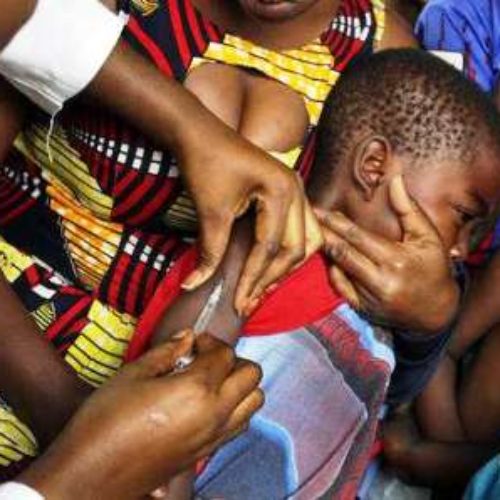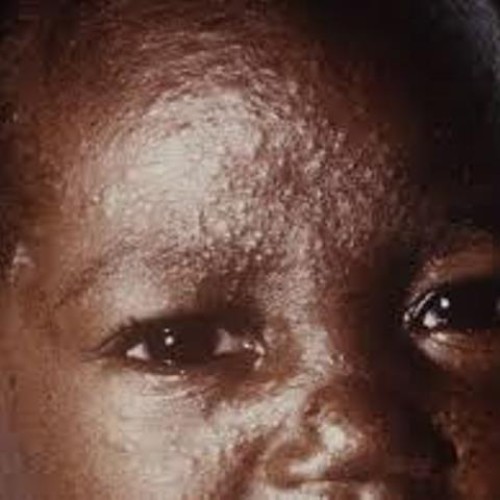New Nutrition Health Survey out
• Reveals low-skilled birth attendance, low administration of Vitamin A, others>
The report of 2018 National Nutrition and Health Survey (NNHS) released by Nigerian government on Monday November 19, has revealed many weaknesses and a few strengths of the country’s health systems, as the nation battles army of diseases and seeks to improve its very poor health indices.
The report, released in collaboration with National Bureau of Statistics is the third national level NNHS/SMART survey, the first and second being in 2014 and 2015 respectively.
Six themetic areas covered by the survey, according to Minister of Health, Prof. Isaac Adewole, are skilled birth attendance; immunization/penta3; contraceptive prevalence rate; vitamin A; PMTCT; and insecticide-treated bed nets (ITNS;
On skilled birth attendance, Adewole said: “From the 2018 survey, overall, only 46 percent of pregnant women received care during childbirth by a skilled birth attendant which is lower than 2014 and slightly higher than the 2015 surveys.
“Reasons for such a low percentage may be explained by different factors, however, delivery by traditional birth attendants and relatives still account for a significant portion of deliveries.”
He said of immunization and use of penta3 in the country: “The country has achieved some improvement in Immunization coverage nationally; the 2018 survey shows that overall, 57.2 percent of children aged 12-23 months had received the third dose of DPT/Penta at the time of the survey, an improvement from 48.8 percent reported in 2015, but comparable to 2014 findings – where 52.2 percent of children had received DTP/Penta 3.
Speaking on contraceptive, he said the survey report showed that 25.5 percent of women who were in union/married used any contractive method, 17.3 percent used modern contraceptive and 8.3 percent used traditional contraceptive method. He said it is worrying that 74 and 84 percent of the women do not use any contraceptive method at all.
On vitamin A, the minister said the survey revealed that only 41 percent (comparable to 42 percent in 2015) of the children aged between six to 59 months received vitamin A supplement in the six months prior to the survey. About six in ten children in the country do not receive adequate levels of supplementation and are at risk of vitamin A deficiency, he said.
He noted that the coverage was however a slight improvement from NNHS 2014 findings that recorded prevalence of 35 percent.
He said of PMTCT: “From the 2018 survey, overall, 57 percent of women were offered HIV testing during ANC, 55 percent accepted to be tested and 45 percent received results; this shows a slight increase from the respective 52 percent, 50 percent and 40 percent reported in 2015. We still need intensify efforts in increasing utilization of PMTCT.
He also gave highlight of use of LLIN. “The custom of protecting children, by having them sleep under a mosquito nets, is still low. Whereas 62 percent of the surveyed households possess a mosquito net, only 38 percent of children slept under them. In 2015, a similar proportion of 40 percent children slept under mosquito net and ownership of at least one mosquito net was 60 percent. One reason for this discrepancy, as postulated by several studies, could be the lack of educational campaigns accompanying nets distributions.”
Meanwhile, United Nations Children Fund, UNICEF, has said an estimated 12.9 million children are stunted in Nigeria.
Country Representative, Muhammed Fall, said during the presentation of the report that approximately 50 percent of under-five death in Nigeria is attributable to malnutrition
To help address the challenge, Fall said his organization, which has worked steadfastly to reduce malnutrition among Nigeria’s children, would hand over Ready to Use Therapeutic Food procured by the federal government of Nigeria.
Ready to Use Therapeutic Food is a life-saving medicine used to treat children with severe acute malnutrition.
“The Government of Nigeria in collaboration with UNICEF and other development partners have made huge investment towards scaling up the implementation of high impact cost effective nutrition interventions geared towards the reduction of malnutrition and improved nutrition outcomes for women and children.
“In line with this effort, the Honorable Minister will perform a symbolic hand over of RUTF to Five Selected States and Federal Capital Territory. These States namely Bayelsa, Osun, Anambra, Edo, Bauchi and FCT will benefit from the federal allocation of RUTF. Hon. Minister, we commend your investment in nutrition, especially the mobilization of domestic resources for the procurement of RUTF.
“In 2017, the federal ministry of health released the sum of 600 Million naira budgeted for RUTF, this amount was matched by UNICEF with CIFF support with another 600 Million naira. The total amount of RUTF will provide treatment to about 88,000 children contributing to saving lives of about 16,000 children,” he said.






1 Comment
Austin
August 16, 13:28